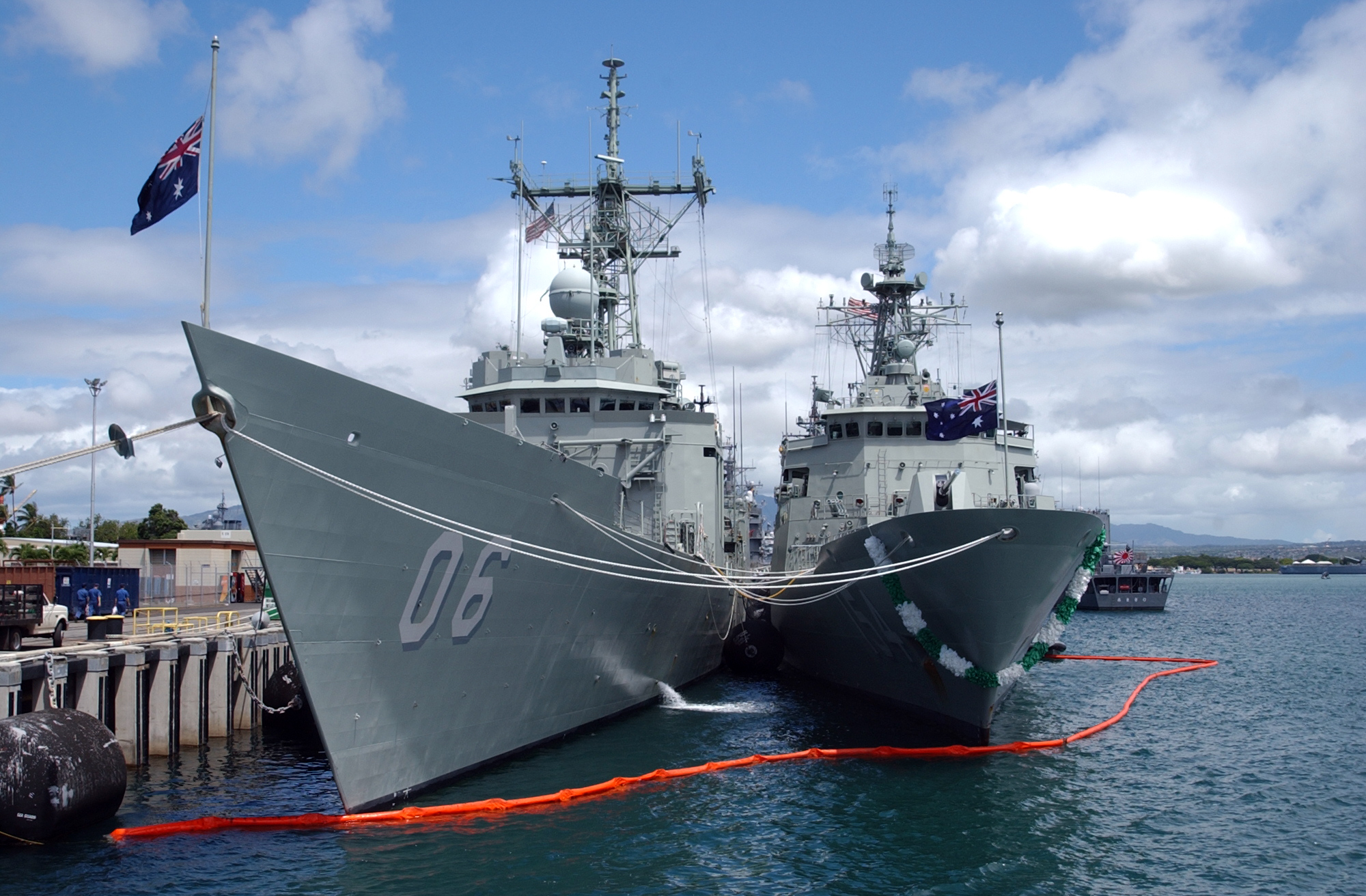Australia Upgrades Naval Base as China Deploys Ships Near Papua New Guinea

- Country:
- Australia
With Australia and the United States upgrading their naval bases, authorities have detected hi-tech Chinese ships near Manus Island. Experts believe any information gathered by the Chinese surveys could be crucial in any future maritime with the US. GPS data revealed two Chinese research vessels mapping waters in Papua New Guinea’s Exclusive Economic Zone (EEZ) north of Manus Island in December 2018. Two weeks later, the US vice president Mike Pence announced the redevelopment of the Lombrum Naval Base.
According to various media reports, the deep water scientific surveys are part of Beijing’s oceanographic research of the Western Pacific, the Chinese ‘Distant-Ocean Research fleet’ already conducting surveys around the Philippines, Palau, Guam and Japan. The even spacing between legs in PNG’s EEZ indicates bathymetric data collection’ taking place. Senior Australian and American military officials are aware the civilian ships are also gathering invaluable data for future defence operations. A defence correspondent, Andrew Green said the information gained for resource purposes has dual use for military purposes. “Establishing the baseline data around what the seabed is made out of, what the seabed terrain is like, the salinity and what thermal layers exist in the water is useful for mining but it also helps determine the acoustic conditions for submarine operations.”
The Australian Defence Department spokesperson said international law permits the conduct of marine scientific research in international waters within certain parameters. “This is provided that activities do not infringe on the rights of other states or unjustifiably interfere with other legitimate uses of the sea.”










